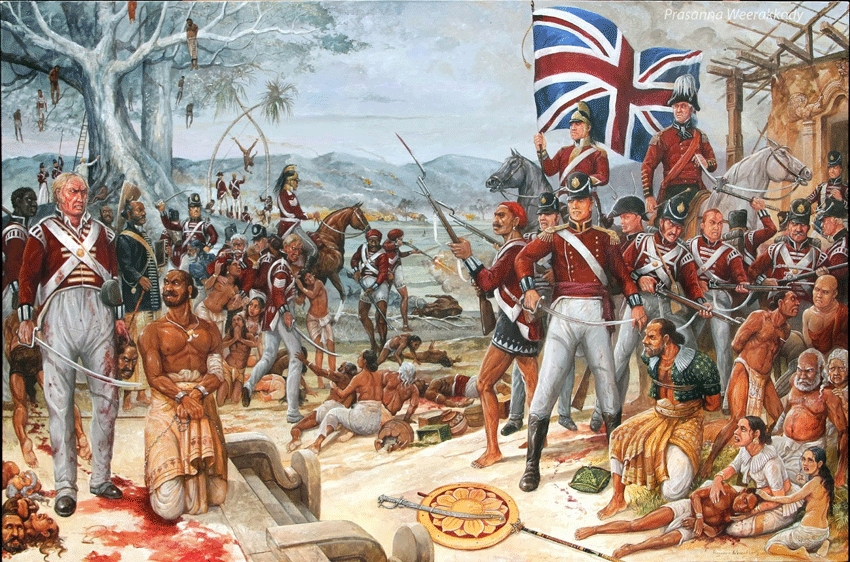By a long shot, the best effect that globalization has had on our way of life is in the dialect. Our first language, Pashto or Urdu is being supplanted by English as the most well-known dialect utilized as a part of the discussions. The reason is an expanded number of English medium schools in our general public and the intemperate messaging and informing amongst the adolescent. Shockingly the impact is to such a degree, to the point that some piece of the adolescent feels embarrassed about communicating in Urdu. We have begun utilizing English as a device to recognize the classes, high and low class. In a matter of seconds, there is a curious matter, whereby individuals who can communicate in English are thought to be fitting in with the exclusive class. Although Urdu is the official dialect of Pakistan, however, that is just on paper, and a couple of years back English was additionally included in the rundown of the official dialect of Pakistan.
Globalization is the process through which knowledge and information are disseminated around the world. The flow of knowledge and information is creating information imperialism. Here information imperialism means the information which is shared by powerful nations with the weaker nations, whereas poor nations are only passive objectives, and they only adopt use and absorbed them in their daily life rather than questioning it.
The different languages have also been affected by the challenge English poses, tending to a greater or lesser degree to absorb English words, pronunciation, word order, and so forth. At the same time, a growing number of languages and dialects are in danger of extinction. Linguists count approximately 6,800 different languages in the world today. The languages differ widely in terms of the number of people who use them. The eleven most widely used languages encompass nearly half the population of the planet. While not the most widely spoken language, English was spoken by about 341 million people as their first language in 1999. Roughly 500 million spoke English as their first or second language.
Some 417 languages are considered virtually extinct today; they are spoken by very few, elderly people. But many more languages have experienced a decline in various respects. The trend is no new phenomenon, nor can it be attributed exclusively to the spread of English. In fact, the trend can be traced back centuries, during which time European imperialism over most of the planet contributed to the dominance of a handful of languages at the expense of several local languages and dialects. Linguistic imperialism has frequently followed in the wake of economic and political imperialism.
Linguistic imperialism is intertwined with imperialism’s structures in culture, education, the media, communication, the economy, politics, and military operations. It’s all about exploitation, injustice, inequality, and a hierarchical system that favors those who can speak the dominant language. It is structural: The dominant language receives more material resources and infrastructure than other languages. It’s ideological: dominant language is glorified, others are stigmatized, and the linguistic hierarchy is rationalized through beliefs, attitudes, and imagery. The power is hegemonic: it has been internalized and accepted as “normal.” This means that speakers of different languages have unequal rights. Language use is frequently subtractive, with imperial language mastery and educational learning necessitating its consolidation at the expense of other languages.
It has been stressing the major role which nowadays is observed is the importance of new communication which is practices in local as well as in international level. The new communication technologies provide different platforms to the local languages including Pushto or Urdu Language for the development and making it a world language. As communication networks are increasingly globalized, more people meet more and more discourse communities.
People have been required to learn and know other languages just as a need of the time not to forget their own language and its importance. The education sector is more responsible to promote and deliver the lecture in the Mother language which is one of the basic rights of children. The education ministry is responsible to promote the Pushto language as a part of the national curriculum to show the importance of the Pushto or Urdu language to the entire country.
